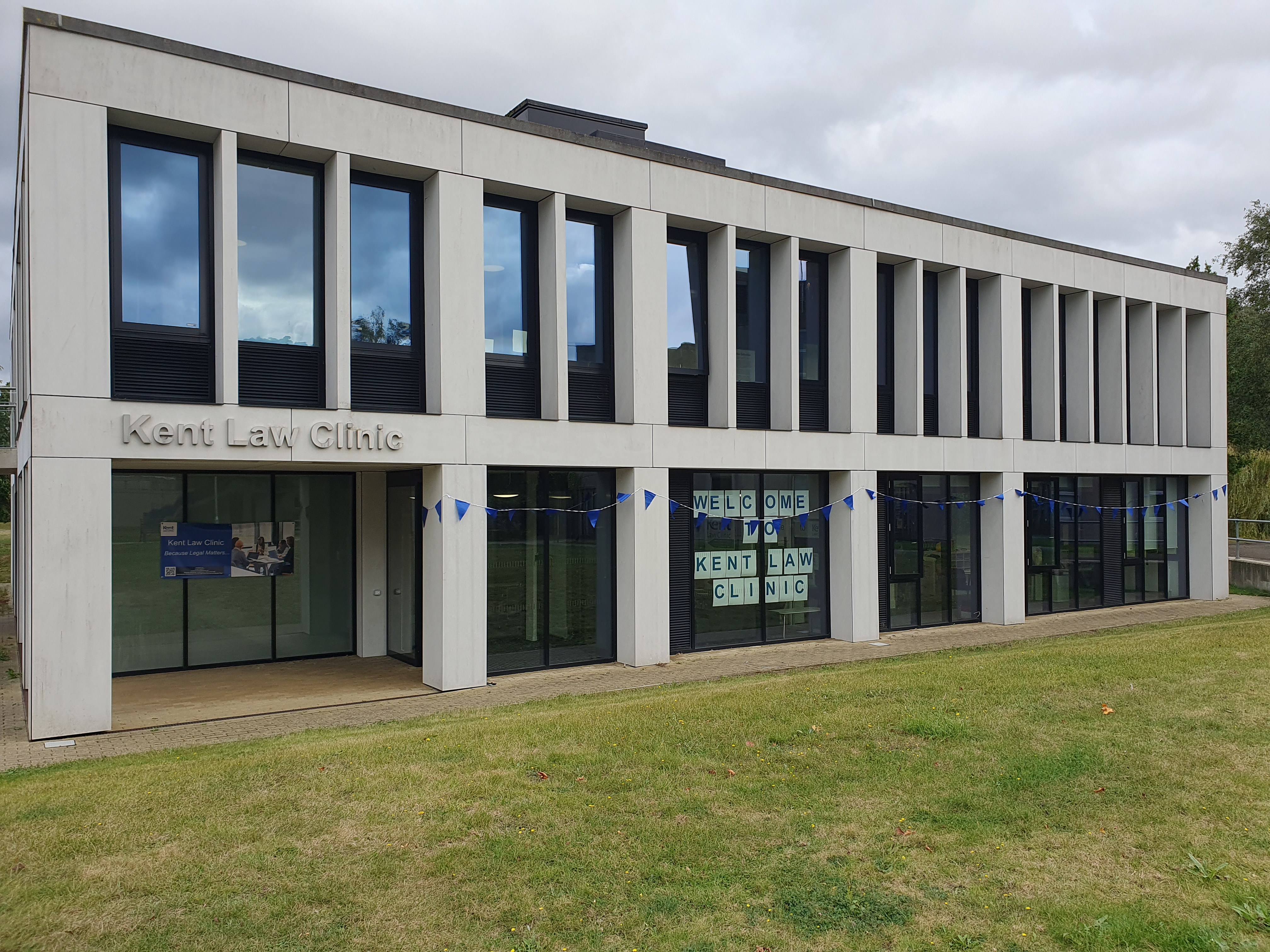Dr Richard Warren, an Immigration Adviser, has dealt with five appeals during the summer
Two appeals, dealing with refugee family reunion, were allowed – but that is not the end of those cases! Here are brief details of a few.
Two Afghan brothers stuck in Iran. Richard is helping two Afghan brothers. One brother’s application was initially refused, but we helped him appeal the decision; at the Tribunal hearing his appeal was successful. The Judge commented that if the other brother’s application had been before him, he would have allowed that appeal too. However instead of taking on board the Judge’s comments, almost straight away, the Home Office refused the second brother, despite what the Judge had said. We have had to make a second appeal. Richard is trying to get the Home Office to reconsider its decision on the ‘second’ brother’s case, based on the decision and Judge’s comments in the first brother’s appeal, but the Home Office are now raising spurious and specious ‘discrepancies’ to justify their refusal…
No right to remain in the UK after 18th birthday? Richard is acting for a young man who left his country aged eleven and entered the UK at age 14. He was refused asylum but was given leave to remain until he reached the age of eighteen. He applied for the right to remain in the UK after he reaches 18 years of age, but this has been refused. Richard is arguing the appeal on asylum and humanitarian grounds, but also on the basis that to refuse his applications would breach his right to private life under Article 8 of the European Convention of Human Rights (ECHR); he is a young man who has been in Europe for over 10 years and effectively knows almost nothing about his country of origin.
Dilemma of a young married couple – Richard acts for a young woman, an EU national, who wishes for her husband to join her in the UK. Covid prevented them from getting married and making the application for him to come to the UK in time to meet a deadline which came into force due to Brexit. Unfortunately, there are difficulties because they had lost all their phone records, and do not have strong enough evidence to demonstrate that they have a ‘durable relationship.’
Applying due to serious health condition
Sheona York, a Clinic Solicitor, is helping a woman who suffers badly from sickle cell anaemia, a health condition which can be very debilitating. We assisted our client in applying for leave to remain in the UK, on the basis that this is needed to enable our client to access necessary medical treatment, and that to deny permission to remain and receive medical treatment would be in breach of her rights under Article 3 of the ECHR. Article 3 gives the right of protection from inhuman or degrading treatment or punishment. For 30 years the leading UK and European human rights court cases effectively said ‘no’ to arguments based on the need for medical treatment; the ECHR was not intended to make the European signatory countries take in sick people from poor countries with worse health care systems.
“aliens who are subject to expulsion cannot claim any entitlement to remain in the territory of a contracting state in order to continue to benefit from medical, social or other forms of assistance provided by the expelling state.” [1]
However, in the last five years the European and UK case law has softened, but only marginally. This client’s case is currently under appeal, where the Home Office has argued that our client can easily return to Nigeria and get the health care she needs – which includes a full blood transfusion every six weeks as well as unpredictable and frequent other in-patient treatment. The reality is that in Nigeria there is no free healthcare; the blood donation system does not even screen for sickle cell trait so even if she could afford it she could face receiving blood just as unhealthy as her own – and there are also concerns that in Nigeria people known to suffer from sickle cell anaemia may be ostracised in some communities, so that our client might receive no community support.
Sheona’s other work for this client during this summer was to persuade the Home Office to provide accommodation and subsistence (a very basic level of financial support) to our client. This involved a complex argument about the correct interpretation of relevant legal provisions; initially the Home Office refused our client support point blank ‘because she has not claimed asylum.’ Sheona argued that the Home Office had misinterpreted the relevant legal provisions; that although our client has not claimed asylum she was still entitled to support as a ‘person who has made a claim under Article 3 ECHR…’ After the threat of legal action, the Home Office conceded, and support was eventually provided. We also made a formal complaint about the bureaucratic obstacles that delayed our client getting the support even after the decision to provide it!
The refugee family reunion cases we deal with show the inadequate provisions made for ‘safe and legal routes’ for refugee family members to come to the UK to join their families. You can read more here about two of our successes, whose stories show how long and tortuous these applications can be.
Besides the continuing casework, the Clinic’s immigration lawyers are facing radical changes in the legal landscape. We have been following and blogging about the Rwanda judgment and the contentious Illegal Migration Act 2023. Watch this space and keep in touch with the Law Clinic to hear more about these highly controversial developments.
[1] N v SSHD 2005 UKHL 31

